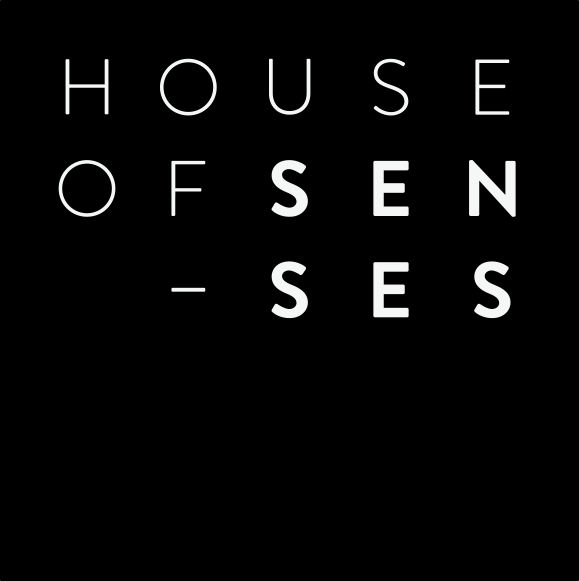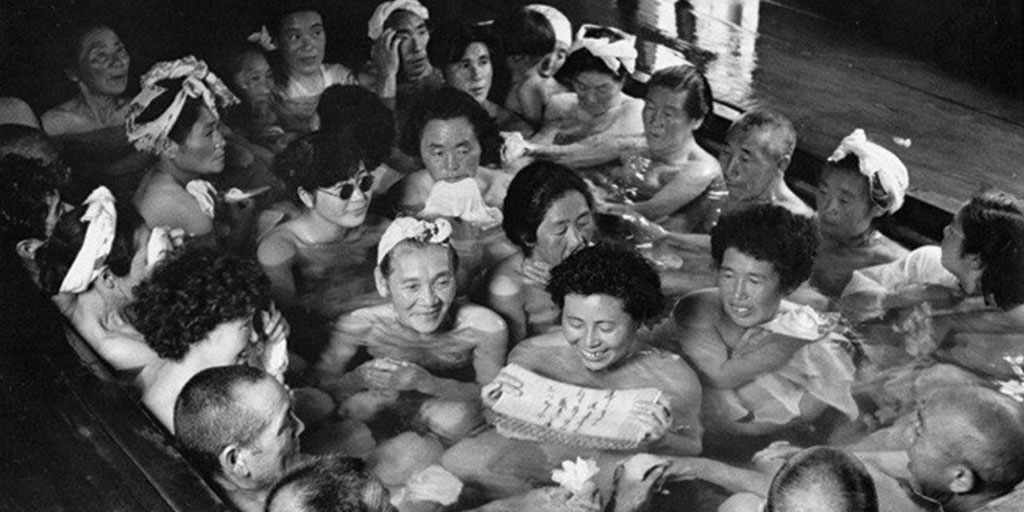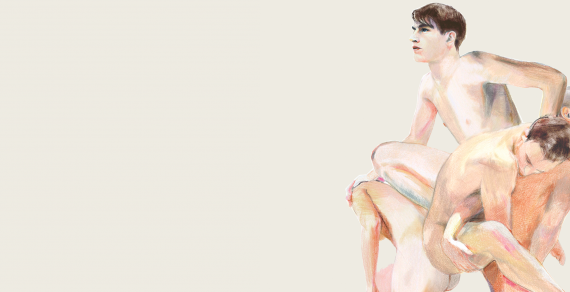Sentō
Since ancient eras in Japan, it has been believed that bathing not only washes the grime from your body but purifies you of the spiritual dirt collected in this mortal world.
The start of bath culture in Japan extends back to the VI Century. At the time, for the Buddhist teachings that came to Japan, washing dirt off the body was considered to be an important duty.
In the early XIII Century, the first bathing facility called “Sentō” (銭湯) was established. By the XVII Century, the number of sentō in Edo (old name for Tokyo) grew to as many as 500, but it was a post-war construction boom in residential housing without bathing facilities or running water what cemented the sentō’s prominence in the community.
Traditionally, these bathhouses have been quite functional, with a tall barrier separating the sexes in one large room, some lined up faucets on both sides and a single open bath for the already washed users to dip in among others.
Since the second half of the 20th century, these communal baths have been decreasing in numbers as Japanese residences now have baths. Some Japanese find social relevance in going to public bath houses, out of the theory that physical proximity brings emotional intimacy, which is named ‘skinship‘ in pseudo-English Japanese. Other people go to a sentō because they live in a small housing facility without a bath or to enjoy bathing in a large room and to relax in saunas or jet baths in new or renovated sentōs.
The Yomiuri Weekly newspaper reports that sentō are disappearing at the rate of one a day. Figures peaked in 1964 at 23,016 and currently are around 8,000. For a class-conscious society, the sentō has become an embarrassing reminder of an impoverished past. As the ranks of Japan’s new rich have continued to increase, an undeserved stigma has fallen upon those who patronize the humble sentō. It has become the domain of the inner urban areas (shitamachi) and the industrial working class.
Nevertheless, the sentō remains a veritable oasis in many communities, especially in the suffocating summers and cold winters, and recreational reincarnations have kept the spirit alive.
As a curiosity, some public baths have signs refusing entry for tattooed people, although one could be allowed in if the tattoos are not too visible. If one enters to a sentō that is public, this should not present a problem as they have a duty to let in all tax-paying citizens. The original reason for the ban was to keep out the yakuza, or Japanese mafia.
Tags: Bath, Body Wash, get dirty, house of senses, Personal Care, Sento, soap



